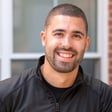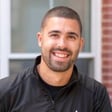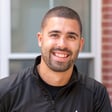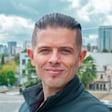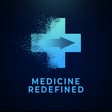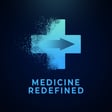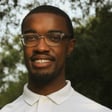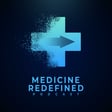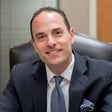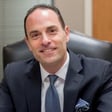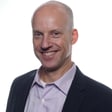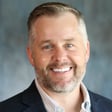
163. Is Medicine Overlooking the Role of Psilocybin and Psychedelics? | Lida Fatemi, DO, MPH
Dr. Lida Fatemi, DO, MPH is a board-certified internal medicine physician, educator, speaker, certified physician coach, and founder of the Conscious Physician Method. A best-selling author and leader in the integration of psychedelics into medicine, Dr. Fatemi has gained national recognition for her innovative approach to healing trauma, burnout, and mental health challenges. Her work combines evidence-based medicine with holistic practices, focusing on helping healthcare professionals and patients rediscover vitality, joy, and balance.
Dr. Fatemi’s personal experiences, including growing up under a terrorist regime in Iran and surviving war, deeply inform her passion for alternative healing methods and her commitment to changing the healthcare landscape. As a trailblazer in the use of psilocybin and other integrative therapies, she has spent over a decade educating others on the potential of these treatments to transform lives and redefine care.
In this episode, we explore Dr. Fatemi’s journey into medicine and psychedelics, the science and culture of psilocybin, and its applications in addressing mental health, addiction, and burnout. We’ll also discuss how these therapies can be integrated into mainstream healthcare, overcoming stigma, and the future of psychedelics. in medicine.
Mentioned in the show:
Social Media:
